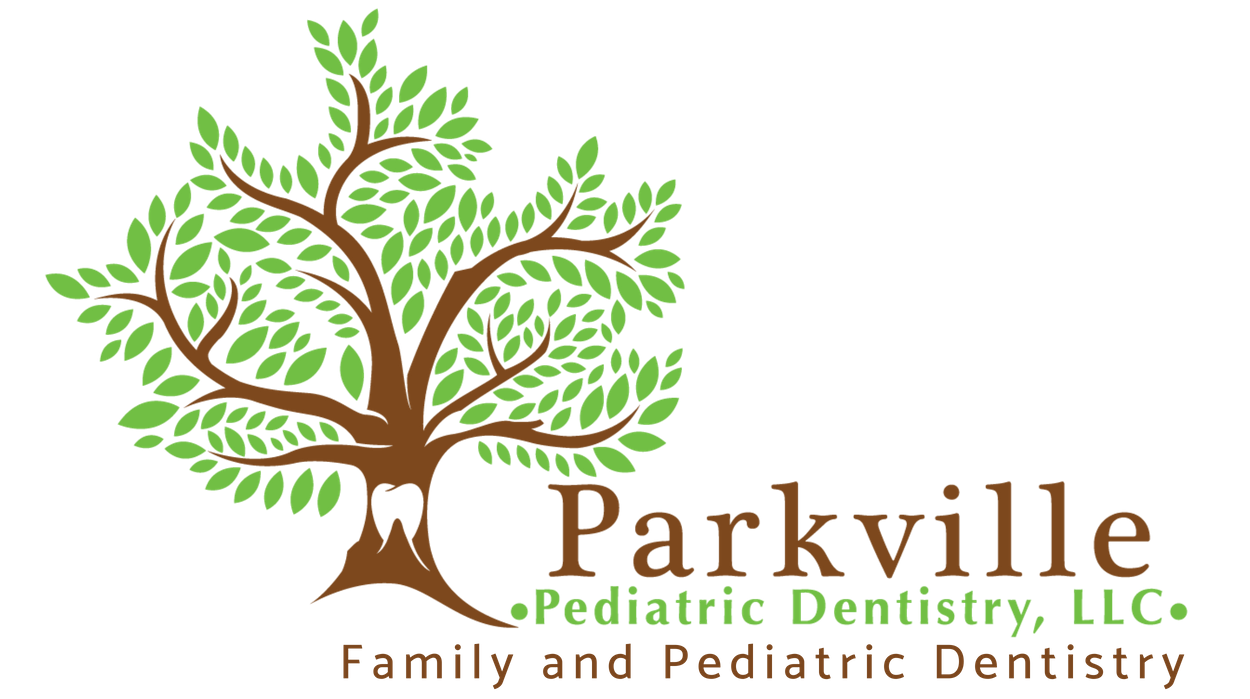Care for Baby
Teething
The first tooth typically erupts between ages 6 to 12 months and is complete by the age of 3. Gums can be sore and tender. Often your child will be irritable. Rubbing sore gums gently with a clean finger, a cold, wet cloth, or a teething ring helps soothe the gums. Additionally, pain relievers can be used periodically if needed. It is no longer recommended to use Benzocaine teething gels or tabs for children under 2 as there have been reports of serious complications.
Your Infant’s New Teeth
Primary, or “baby” teeth play a crucial role in dental development. Baby teeth allow your child to chew their food and get the proper nutrition they need for healthy growth. Baby teeth also aid in proper speech development and act as a guide for the correct position of the permanent or adult teeth.
How should I clean my baby’s teeth?
Use a toothbrush with soft bristles and a small head, especially one designed for infants. Removing plaque bacteria that can lead to decay is important, and should be done at least once per day.
When should I use toothpaste when cleaning my baby’s teeth?
According to the American Academy of Pediatric Dentistry, you should begin using a small "smear", the size of a grain of rice, of fluoride toothpaste on an appropriately sized toothbrush as soon as the first tooth erupts. Around age 3, or once your child can spit out excess toothpaste, start using a "pea-sized" amount instead. An adult should be taking a turn brushing for he child until age 8, or later depending on your child’s brushing skills.
Is it ok for my baby or toddler to use a sippy cup?
To help reduce the risk of cavities in children, here are some guidelines on using sippy cups properly:
The sippy cup is a training tool to help children transition from a bottle to a cup. It shouldn’t be used for a long period of time – it’s not a bottle and it’s not a pacifier.
Unless being used at mealtime, the sippy cup should only be filled with water. Frequent drinking of any other liquid, even if diluted, from a bottle or no-spill training cup should be avoided.
Sippy cups should not be used at naptime or bedtime unless they only have water in them.

